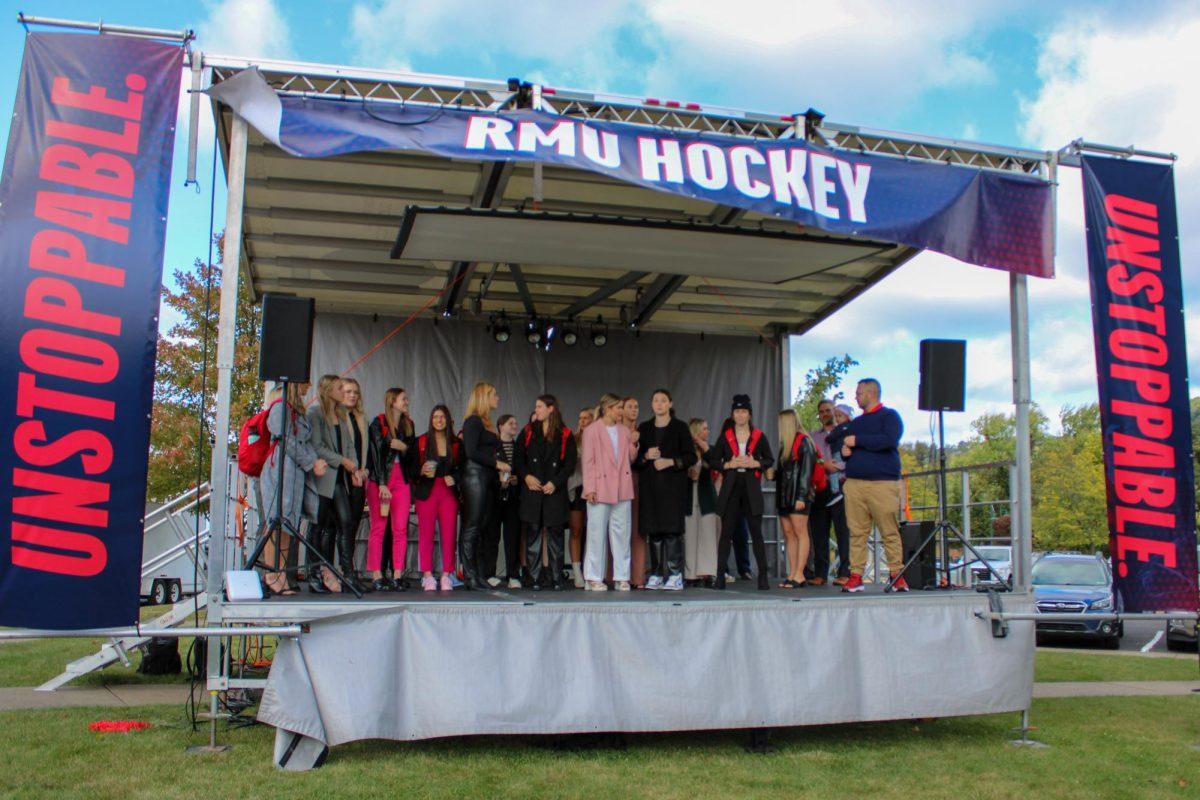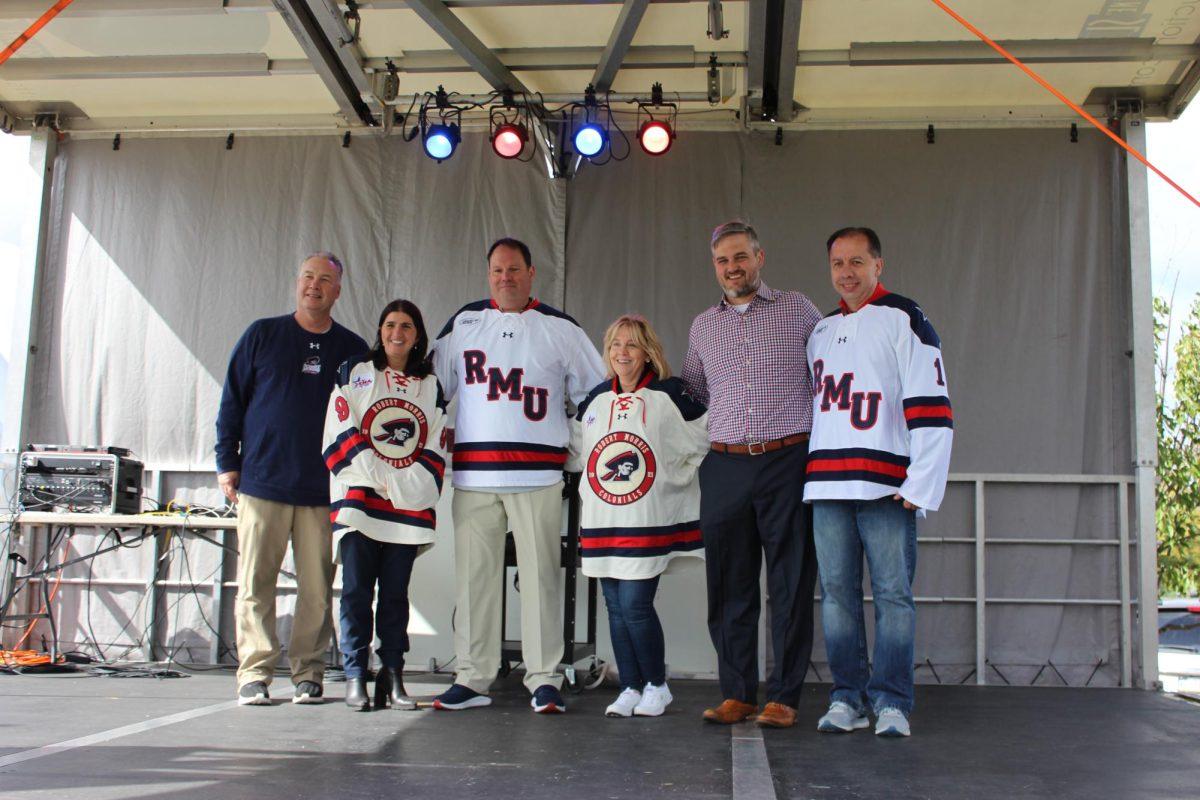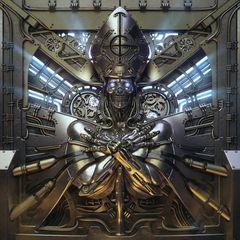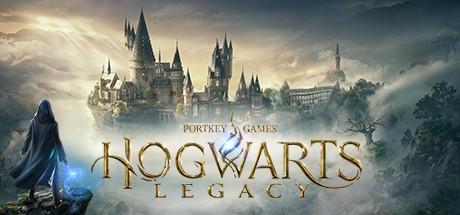Parents from all sections of the world are united over their natural need to document their child’s life. One cannot remember the numbers of forced first day of school photographs.
While most parents collect invaluable moments of their children’s lives, one child’s life was documented through memories of fighting for the Civil Rights Movement. Dr. Robert Fowler, a professor at Robert Morris University, experienced just that.
Fowler’s father lived in Birmingham, AL- a town that was then teeming with civil rights sentiments.
The Sixteenth Street Baptist Church was a place for concealed meetings during the movement. On September 15, 1963, a bomb was planted under the church’s steps and killed several young girls inside. According to Fowler, his father heard the bomb’s impact and was sent spiraling into the Civil Rights Movement because of that.
During this time, Dr. Fowler had many leaders to look up to. He remembered seeing Martin Luther King Jr. speak several times in churches or in people’s homes.
“He was another leader of the Civil Rights Movement,” said Fowler, “There were plenty of strong black men at that time; there were so many unsung heroes.”
However, one of Fowler’s biggest role models of the time period was his father. His father was actually a freedom rider who assisted with creating awareness of the voting registration process. But education was also a large ideal of Fowler’s father.
“He always thought that education was one of the ways out,” said Fowler, “That’s why he sort of pushed me to keep going and that’s why he fought for the integration of schools.”
In third grade, Fowler was the first African-American to be integrated into an all-white school in his small town, outside of Charleston, SC.
“I remember getting threats. Of course at that time I didn’t think too much about it,” said Fowler.
Today, Fowler praises his father for his courage.
“My dad was fearless,” Fowler said, “I remember getting a threat, although he didn’t tell me until years later that was telling us ‘Don’t go to that school.’ That just made him more determined to go on with it.”
Luckily, the first day he entered the school went smoothly. Fowler remembered cameras, newsmen, and a security guard circling around the event, but he was oblivious to the danger of that moment. His father took on that potential danger and protected him through the process.
Despite Fowler’s youthful outlook of the event, he made quite an impact in the steps towards integration in public schools.
“The next year, I think, they started filtering people in,” he explained, “It was just one or two students at a time. They were testing the waters. There was a fear. I had my Dad but many people didn’t want to take the chance of doing it because of being hurt, killed or lynched. So the pattern was when one got through, it was okay, and others started coming.”
Nowadays, Fowler sees fighting for equality and integration of schools as a strong impact for his teaching. He stressed the need and importance of education just as his father once did.
“That’s why I talk a lot about education in my classes,” he explained, “I know someone died for me to have one.”
This value of education is evident in Fowler’s life, his classes, his experience of working with at-risk kids, and one life-changing memory.
“When I graduated, when I walked across that stage, it was like nothing had ever happened,” said Fowler, “It was like nothing [bad] had happened.”








